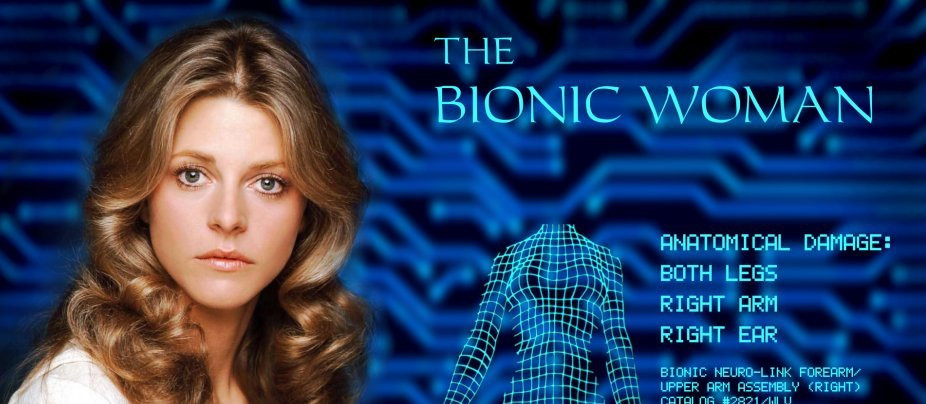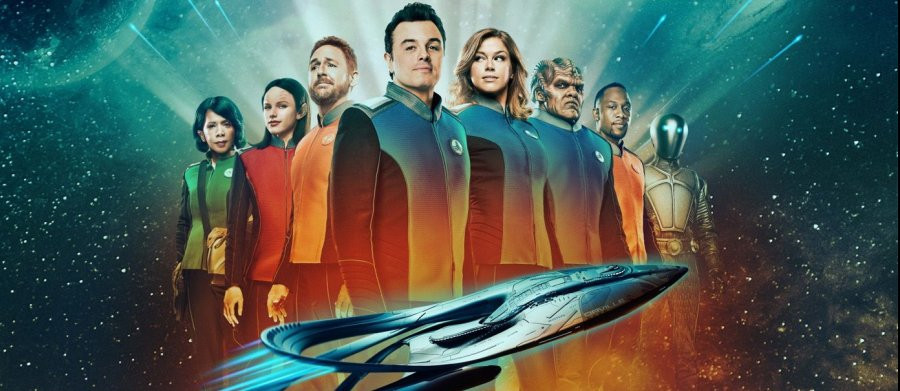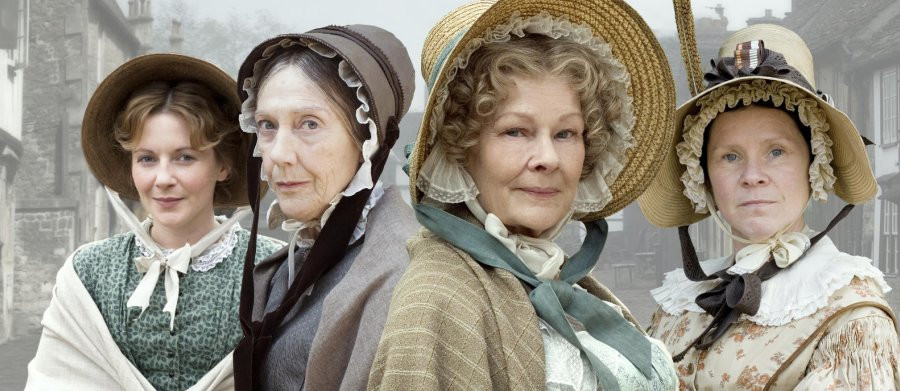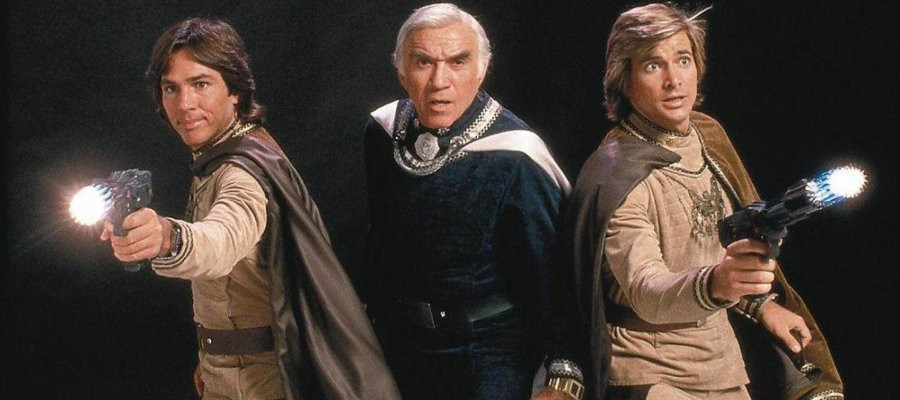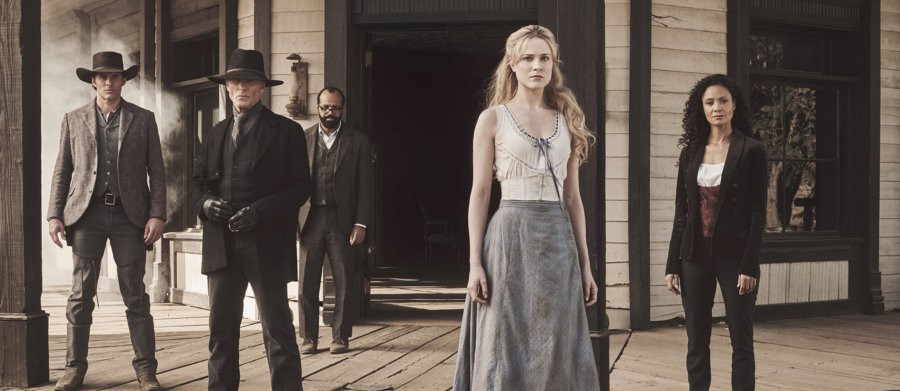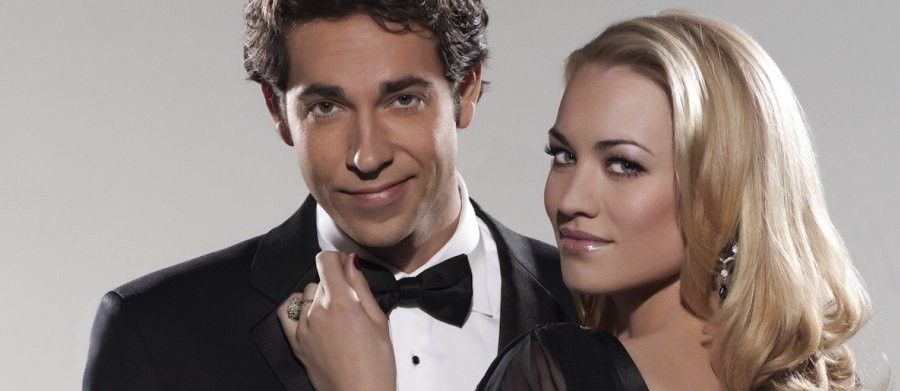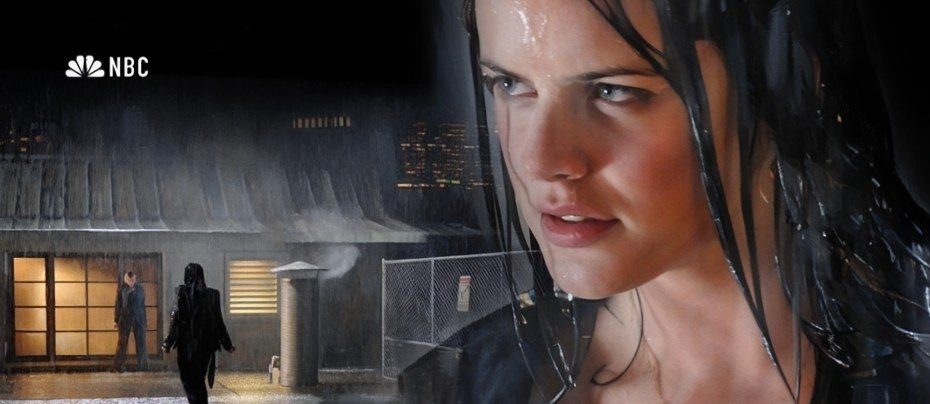
Bionic Woman (Reboot)
2007 - United StatesRyan was the right choice for Jaime, even if she was not the obvious choice
Review by John Winterson Richards
Not to be confused with The Bionic Woman, of which it was a reboot thirty years later, Bionic Woman - the omission of the definite article apparently makes all the difference - found little favour with critics or audiences and only eight episodes were made. It was not even given the dignity of a proper cancellation, simply failing to return after production was suspended by a three month writers' strike.
It deserved better. Although there were obvious teething problems, the show was beginning to work its way through them, and the cast had demonstrated great potential.
It probably did not help that reboots, still a relatively unfamiliar concept to audiences at that point, were even then no more popular than they are now, and a reboot of a spin-off of a show, The Six Million Dollar Man, that was remembered fondly by those who saw it when they were young but totally unfamiliar to a new generation was always going to be a tough sell to its target demographic. However, Executive Producer David Eick had already shown he could surmount this challenge by co-producing a highly successful reboot of another largely forgotten Seventies show, Battlestar Galactica.
The timing also seemed to be right in that the 2000s were the high point for television action shows with female leads (see our article on The Rise and Fall of the Female Action Hero). The original Jaime Sommers in The Bionic Woman had been a significant feminist figure back in her day. As such she was the forerunner of the army of female action heroes, led by Xena and Buffy Summers, who became such a powerful force in the early 21st Century (despite which our research has so far not found evidence that Jaime and Buffy having similar surnames was a deliberate reference). The first decade of the new Millennium presented us with a number of leading women who were then a refreshing change from traditional male heroes, not least because they retained their distinctive femininity, complexity, and even vulnerability - unlike the more cliched "girl boss" types who have seemingly become compulsory in recent years.
Eick had learned his craft on Xena: Warrior Princess and subsequently demonstrated his ability to write compelling, three dimensional women on Battlestar Galactica, most memorably Starbuck, played by Katee Sackhoff. She was one of several Battlestar veterans Eick brought with him to Bionic Woman, but she was cast only as a recurring character. Her fans would have preferred her in the lead, and there is no denying she steals every scene she shares with Michelle Ryan who plays the rebooted Jaime Sommers.
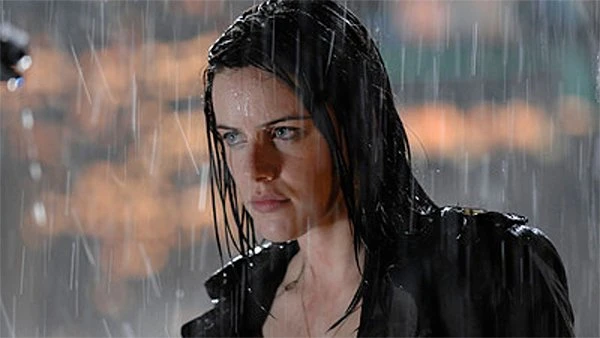
Yet Ryan was the right choice for Jaime, even if she was not the obvious choice. She was known at the time for only a single previous role, as Zoe Slater in the long running British soap EastEnders. It was a precocious performance and served as a good apprenticeship for the young actress, so that she was already an experienced professional by the time she crossed the Atlantic for what was meant to be her big break, but that experience was limited - there is a big difference between social drama and the lead in an action show. Ryan merits more credit that she got for making the difficult leap very successfully. If she seems a little uncertain in the early episodes, that works to her advantage, because that is what the character requires at that point. One sees both Jaime and Ryan grow in confidence as the show goes on, which makes it all the more tragic that it ended just as both were beginning to look more comfortable.
It was probably central to her selection that Ryan is very easy on the eye, which seems to be increasingly rare in television these days - as if some people want to pretend looks do not matter when they obviously do - and fit in every sense. One suspects that the producers were looking for a new Lucy Lawless (whose maiden name is in fact Ryan). She seems to bring a total commitment to the part and it is not her fault that the character is conceptually flawed.
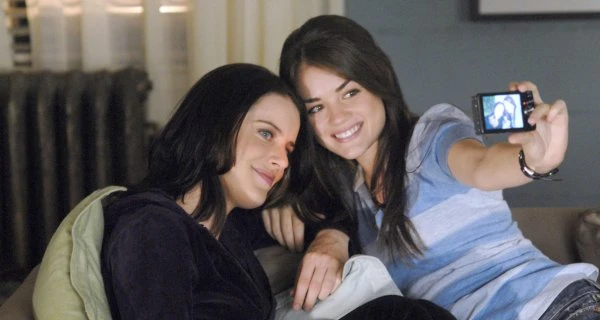
The rebooted Jaime's backstory is that she is a very intelligent girl who was accepted by Harvard but gave up her place there to look after her teenaged sister (played by Lucy Hale), whom she supports by working as a bartender. So is she supposed to be a frustrated high flyer, with an even more high flying surgeon fiancé to match, or a working class "everywoman"? The script never seems to make up its mind. Nor can the script decide about the slightly sinister organisation for which she works. In The Bionic Woman it was a secret Government agency of the sort that attracted a great deal of scrutiny in the Seventies after Watergate and the Church Committee; in Bionic Woman it is one of those private contractors with close relationships with Government that became so influential in the "reconstruction" of Iraq and Afghanistan under Bush the Younger. Both shows are therefore interesting reflections of their different times. However, in the case of the reboot, one cannot help feeling - as one felt watching Alias and Dollhouse, two similar shows around that time featuring strong female leads working for morally questionable clandestine organisations - that any supposedly intelligent girl would dedicate all her thoughts and efforts to getting out of such a situation as quickly as possible.
An American might be more sensitive to Ryan's accent, but this reviewer for one soon forgot he was watching a British actress. It therefore comes across as a sign of a wholly unwarranted lack of faith in her, and rather pointing at the elephant in the room, to have an episode in which she assumes a "fake" British accent which adds absolutely nothing to the plot.
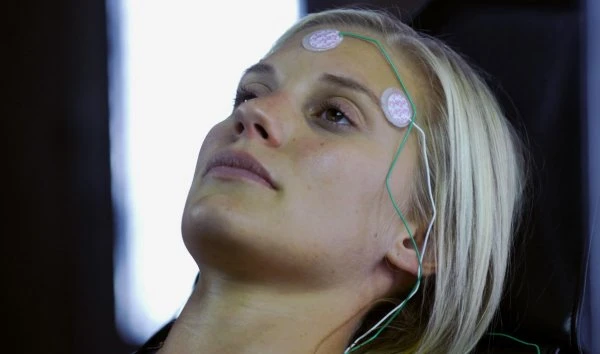
That same nervousness about Ryan may have been behind a better decision, to surround her with a particularly strong supporting cast. Sackhoff gives off a definite Roy Batty vibe as a prototype cyborg, a human being fitted with mechanical enhancements. Her fellow Battlestar alumnus Mark Sheppard is the sinister scientist responsible for the technology. It would have been interesting to see where their story arcs might have taken them. The late, great Miguel Ferrer is perfectly cast as Jaime's commanding but untrustworthy new boss. Isaiah Washington, Will Yun Lee, and Molly Price are hardened senior operatives with an air of melancholy about them. Kevin Rankin is the almost inevitable "geek" providing "tech support" - as usual in such cases, one feels the producers secretly wanted Alan Tudyk but could not afford him. Jordan Bridges, son of Beau and a woman who must be a lot better looking, is Jaime's impossibly handsome and overly convenient love interest. Do producers not realise how off putting such characters are to the young males who are the most important market segment for shows like this?
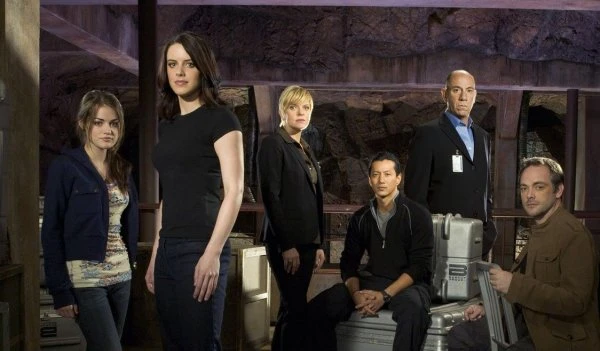
The basic premise is the same as The Bionic Woman: poor Jaime loses various bits of herself in an accident and these are replaced by "bionic" mechanical implants, leaving her with enhanced abilities. Since these cost fifty million dollars - inflation making the then incredible price tag of The Six Million Dollar Man now seem rather risible - Jaime is obliged to work for the dodgy people who provided them, America's healthcare system being what it is. The big difference is that the people here are a lot dodgier than they were back in the Seventies. For one thing it looks like the "accident" was no accident.
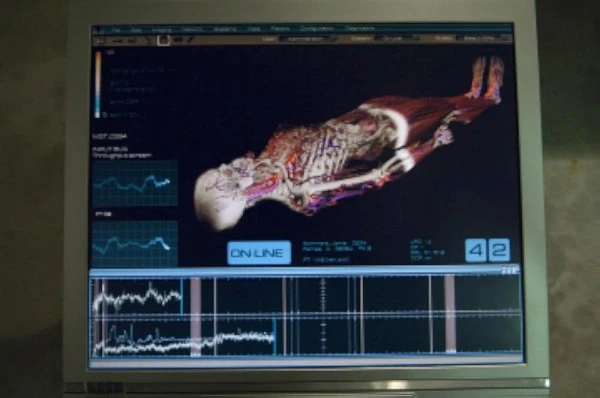
The dialogue and characterisation are generally good once everything begins to settle. The plotting is perhaps a little erratic, but that is only to be expected in the first few episodes of a new show. It would probably have found its natural level given time. If there is a lack of clarity about the limits of Jaime's new abilities, the point is that Jaime herself is only just finding out. With the characters well established by those first eight episodes, there were a lot of interesting directions in which the show might have gone. Sadly, it was never given the opportunity, nor has Ryan been given another big leading role despite having proved herself worthy in this one.
Seen this show? How do you rate it?
Seen this show? How do you rate it?
Published on November 19th, 2024. Written by John Winterson Richards for Television Heaven.


